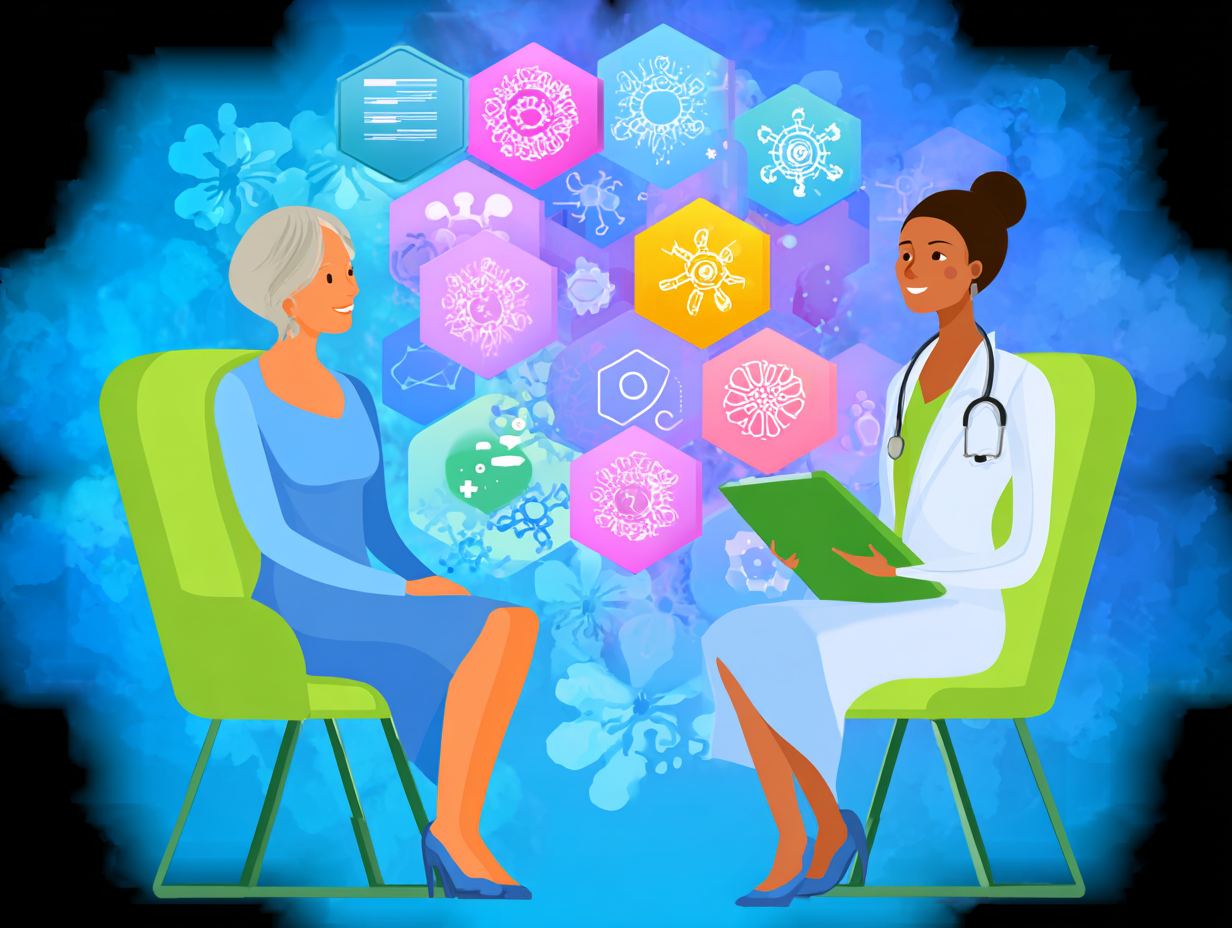
Generative artificial intelligence is changing the way people write, read, speak, think, empathize, and act—not just within a single language, but across cultures and multilingual contexts. In healthcare, gaps in patient-physician communication can impact treatment outcomes and impede improvements in medical practice. The Language/AI Incubator, funded by the MIT Human Insight Collaborative (MITHIC), offers a potential solution to these challenges.
The project aims to build a humanities-based research community that encourages interdisciplinary collaboration at MIT to better understand the impact of generative AI on cross-linguistic and cross-cultural communication. With a focus on health care and communication, the project seeks to build “bridges” across different social, cultural, and linguistic backgrounds.
The project is co-led by Leo Celi, MD, Director of Research and Senior Scientist at MIT's Institute for Biomedical Engineering Sciences (IMES), and Per Urlaub, Professor of German and Director of MIT's Global Languages Program.
“We are trying to bring data science into health care delivery,” Celi said. “We have invited social scientists at IMES to join us to advance the work.”
According to the research team, language is a mediating factor in health care. It can act as a bridge or a barrier to treatment.
The complexity of language can affect patient care and treatment. “Pain can be communicated metaphorically, but metaphors are not always appropriate across languages and cultures,” Urlaub said. Smiley face icons or 1-10 scales—tools that English-speaking healthcare workers often use to assess pain—may not be appropriate across cultures and languages.
According to the research team, AI's language processing capabilities can help doctors better navigate situations, create digital communication frameworks rich in cultural and linguistic context, and allow patients and doctors to use data-driven tools together, thereby improving dialogue.
Despite the great potential for collaboration, the research team believes that there are still many challenges in building and expanding the technological infrastructure to improve doctor-patient communication with AI; issues related to disadvantaged communities; and approaches to patient care.
(Source: MIT News)
Source: https://vietnamnet.vn/ai-giup-cai-thien-giao-tiep-da-ngon-ngu-giua-bac-si-va-benh-nhan-2421709.html


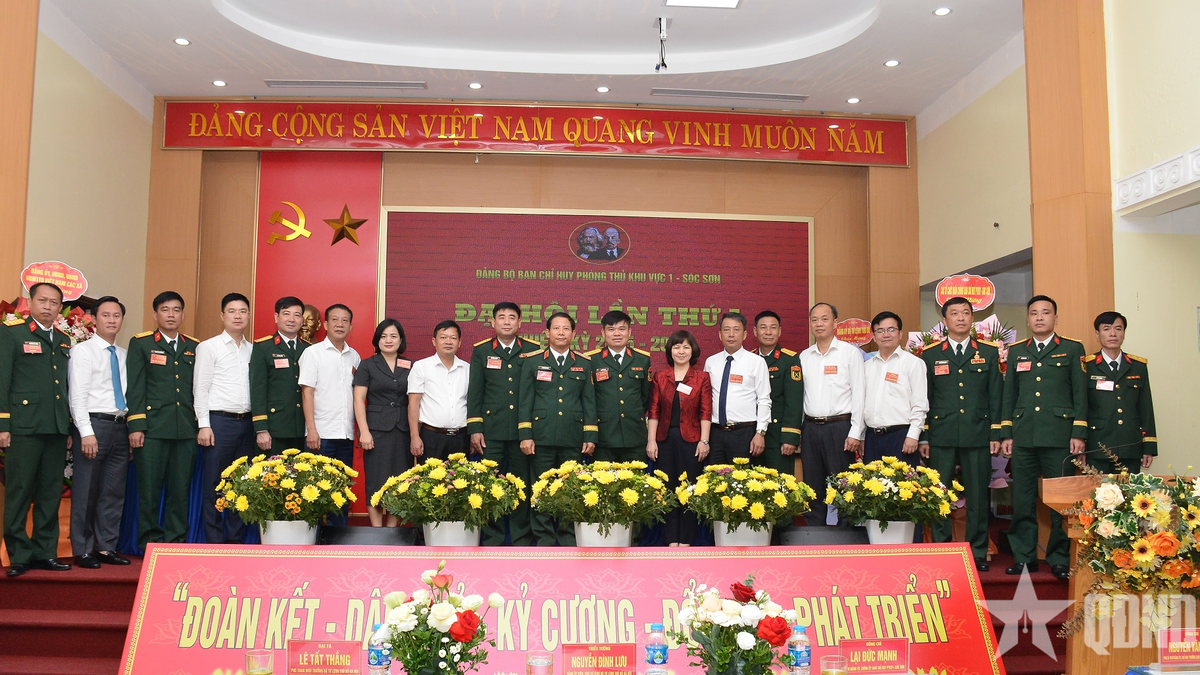

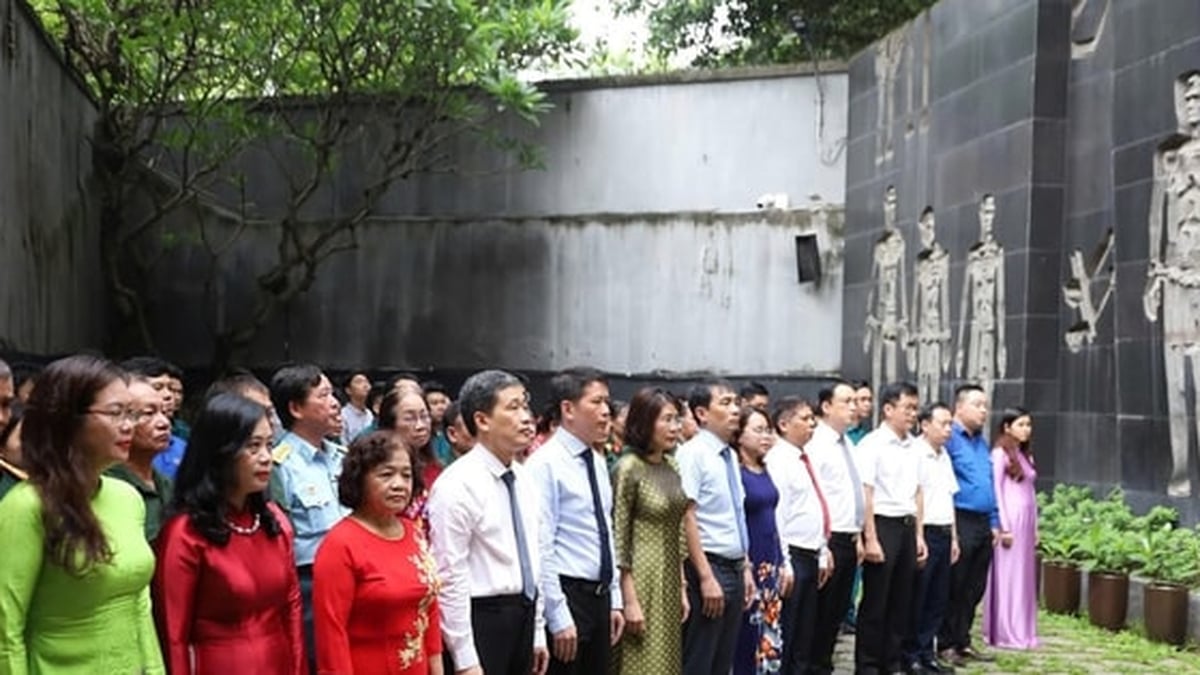


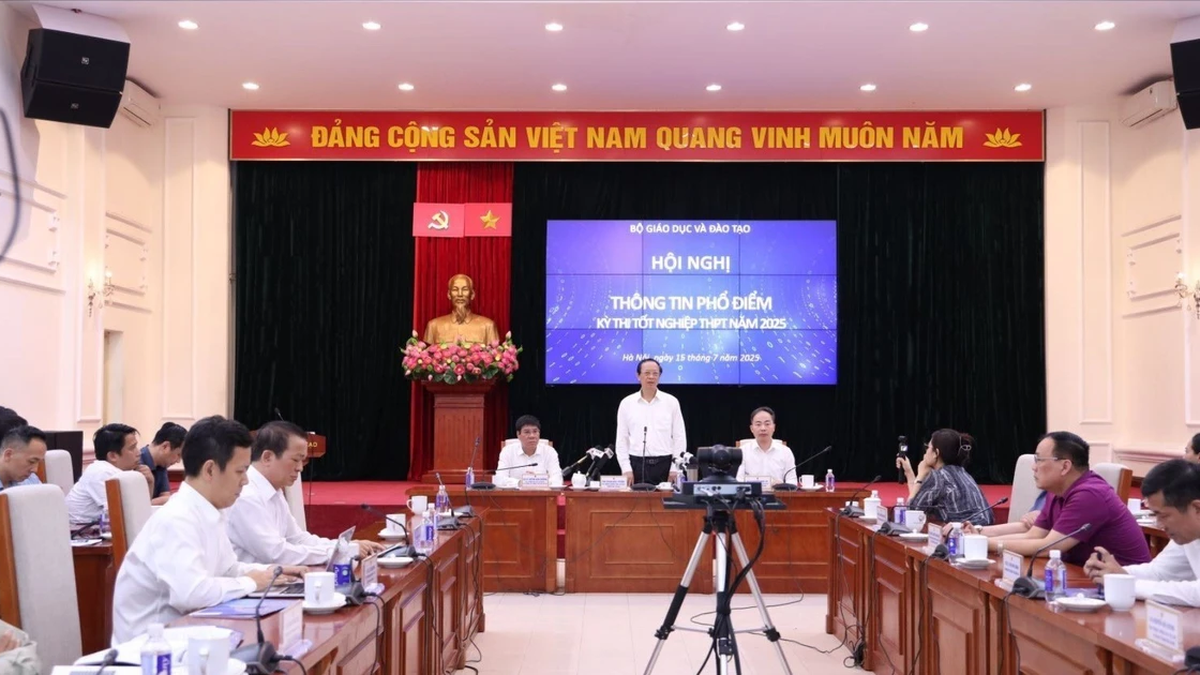

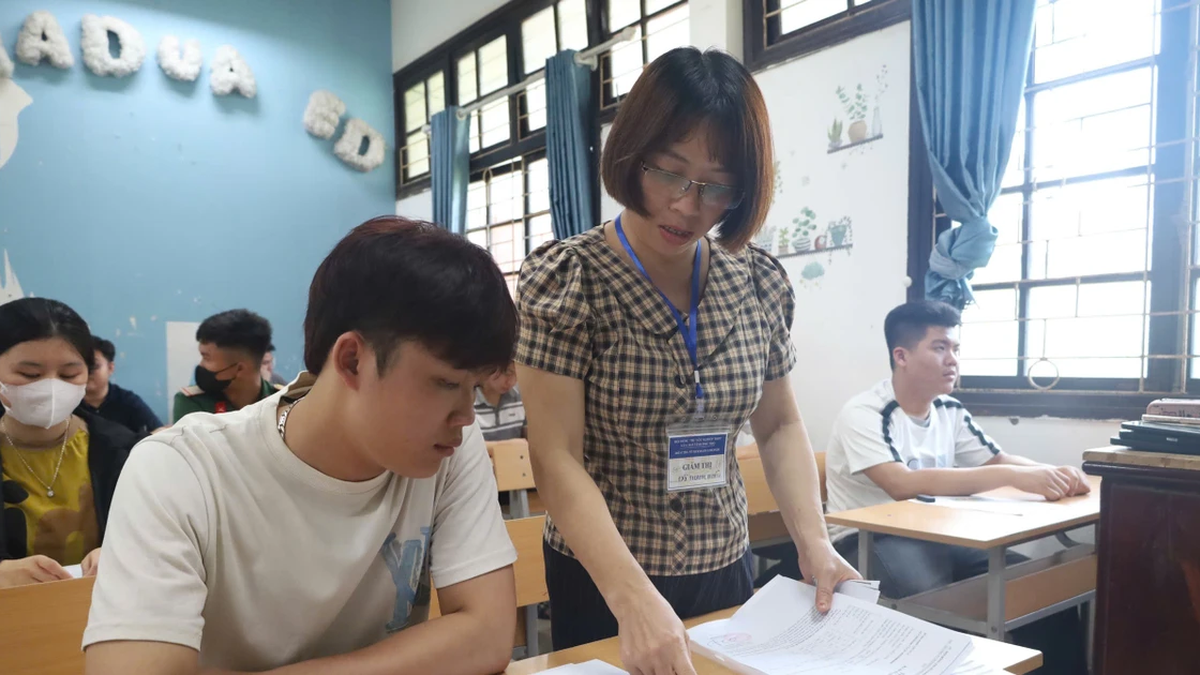

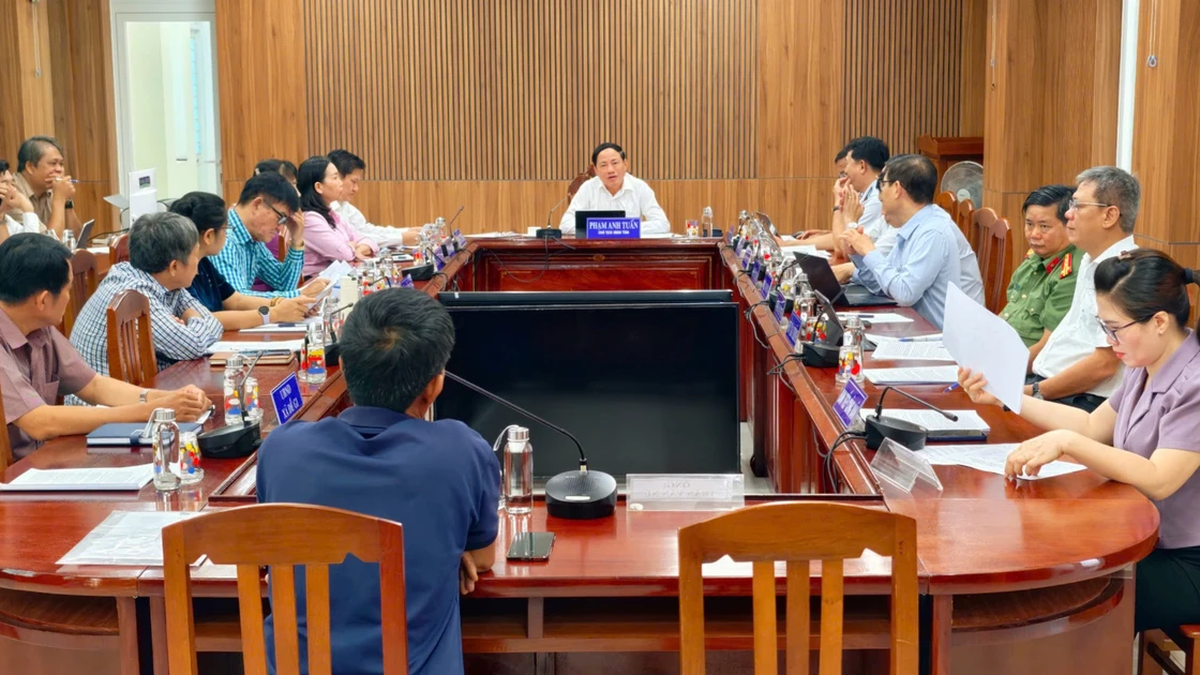
























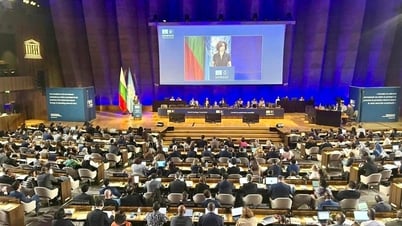





































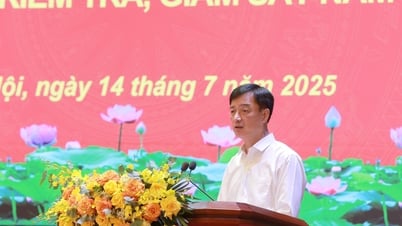



























Comment (0)